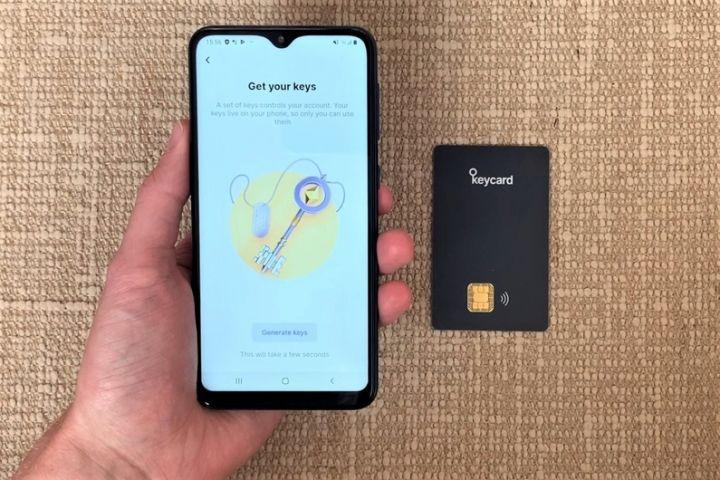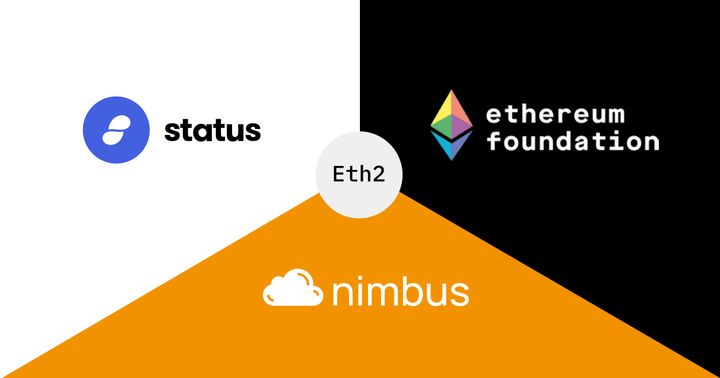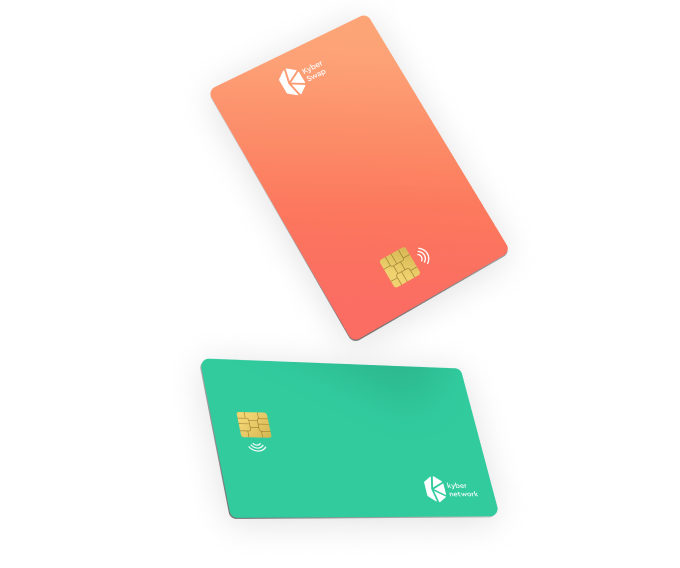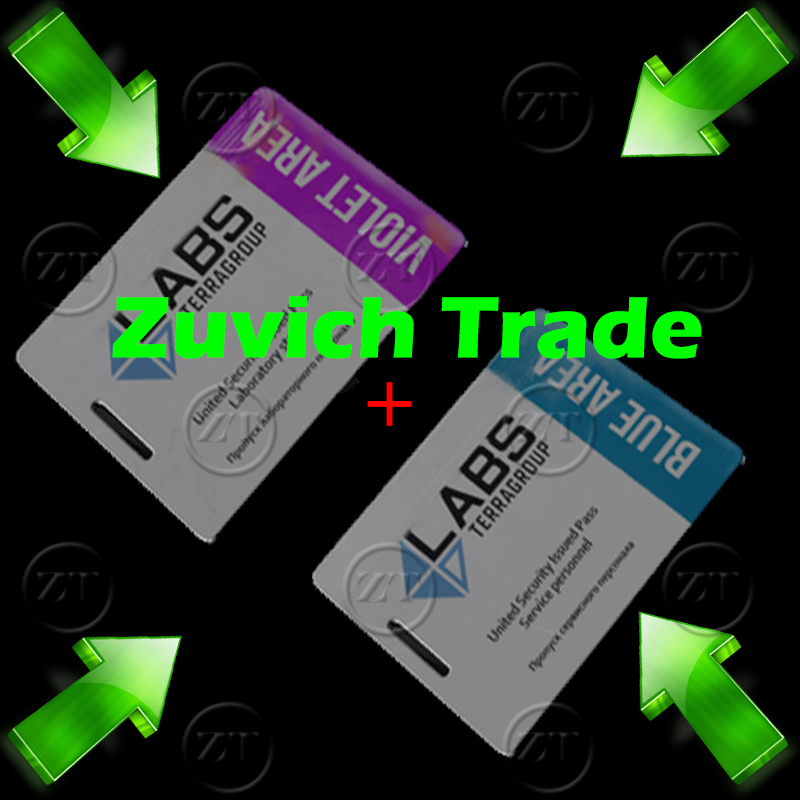

They can also print branded cards for their own distribution, for e.g. This tremendously reduces their burden to source, design and manufacture such cards. With white-labeling, businesses can buy the Keycard smartcards and implement their own applications on them using the publicly available SDKs. It also supports the various aspects of Application Protocol Data Unit (APDU) functionalities for enabling communications between the smartcard and the app. The SDK handles complex tasks such as setting up secure channels and supporting various commands for authentication, wallet generation, managing keys etc. These SDKs allow developers to build mobile apps or desktop apps that can interact with the Keycard. With the Keycard Open API, Android, iOS and Go SDKs are available. Keycard is compatible with Status App v1.4 on Android on launch and iOS support will be coming soon. Two-factor authentication thus becomes the default going forward with Keycard. The risk of weak and reused passwords is mitigated by requiring the physical possession of the Keycard and the knowledge of the 6-digit Passcode. Users can require a physical tap of the card to their smartphone plus personal Passcode entry for greater account security. Two-factor authentication for account login - Keycard can be used as a two-factor authentication method to log into a Status Account. Crypto transactions generated on the Status app are then authorized by tapping the Keycard and entering the associated Passcode, adding a layer of security to funds and transactions. This introduces 2 hardware-enforced security features to the Status mobile app (currently only compatible on Android):Ĭold Storage and hardware enforced authorization of transactions - With private keys stored offline on the Keycard and full isolation between keys and the smartphone, users can add a layer of security for authorizations on all transactions. When used as a hardware wallet, private keys are generated and stored on the card. The latest integration with Status showcases the powerful security features of Keycard. White-label smartcards for businesses: Keycard hardware can be leveraged by businesses that want to design and distribute their own smartcards for crypto applications.Keycard API for developers: Keycard API is entirely open source and allows any developer to integrate smartcards with mobile apps, desktop wallets, and even hardware such as point of sale terminals.It also enables two-factor authentication for greater account security. It upgrades Status from a mobile wallet to a hardware wallet without sacrificing the UI/UX of a smartphone.


With the latest integration with Status Mobile App (currently Android only), there are now 3 core utilities for Keycard: The Keycard API opens a world of possibilities for collaborations with other crypto projects and enterprises. Keycard is also an open source API designed for integration with dapps, crypto wallets, and other hardware devices such as point of sale systems. It provides added security to crypto transactions, whether it's playing games, earning with DeFi, collecting NFTs or sending funds to friends.

It takes the form-factor of a credit-card and uses NFC technology for a contactless experience. Keycard is an open-source hardware wallet for managing private keys and signing transactions. Keycard – the secure hardware wallet and open source API – launches first major integration with the Status Mobile App and prepares for enterprise collaborations.


 0 kommentar(er)
0 kommentar(er)
